Phil Ivey Was ‘Cheating’ Says UK Appeal Judge
9 years ago
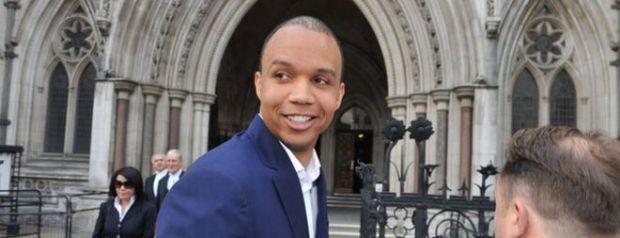
04 Nov
Phil Ivey’s recent run of bad beats in the courts continued when his appeal against a London casino over winnings of £7.7million ($9.6million) was rejected by three Court of Appeal judges, one stating of his ‘edge-sorting’ strategy that:
"It is for the court to determine whether the interference was of such a quality as to constitute cheating. In my judgment it had that quality.”
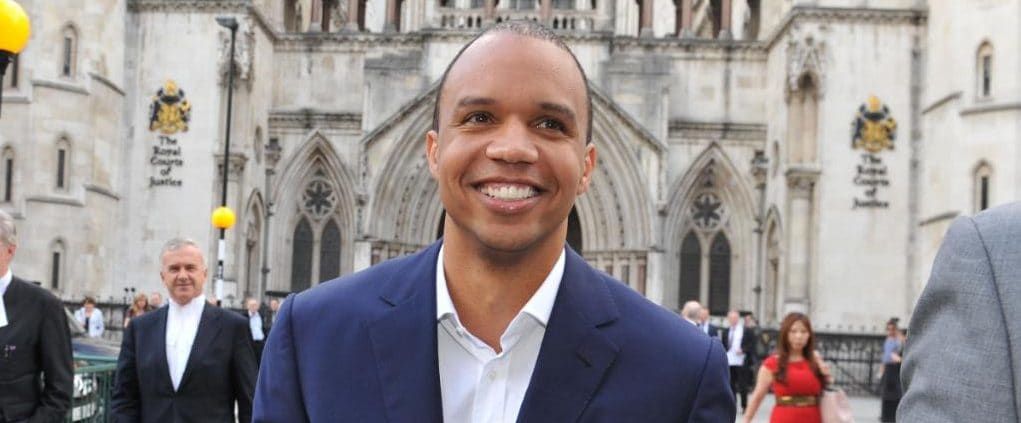
39-year old, 10-time WSOP bracelet winner Ivey was challenging a 2014 High Court decision which dismissed his case against Crockford’s Club, a high-end casino in London’s exclusive Mayfair district owned by Genting Casinos UK. Ivey had been seeking to force the casino to pay his winnings of almost £8million won at Punto Banco, a version of baccarat.
This rejection follows last week’s decision by a New Jersey judge, who found that Ivey and his partner in an identical edge-sorting plan had breached their contract with the Borgata casino in Atlantic City – the Borgata seeking the return of the $9.6million they paid out. In the UK court case Ivey was trying to force Crockford’s to pay his winnings – the casino only returning his £1million stake when they realised Ivey and Cheng Ying Sun were employing an edge-sorting technique to gain an advantage.
Genting had claimed that edge-sorting was not a legitimate strategy and that therefore the casino had no liability to him, a stance which was upheld in the 2014 ruling by Judge Mitting who said that Ivey had “gained himself an advantage” and did so “by using a croupier as his innocent agent or tool.”
The Appeal Court judges ruling today saw Lady Justice Arden state
"In my judgment, this section (of the the Gambling Act 2005) provides that a party may cheat within the meaning of this section without dishonesty or intention to deceive: depending on the circumstances it may be enough that he simply interferes with the process of the game.”
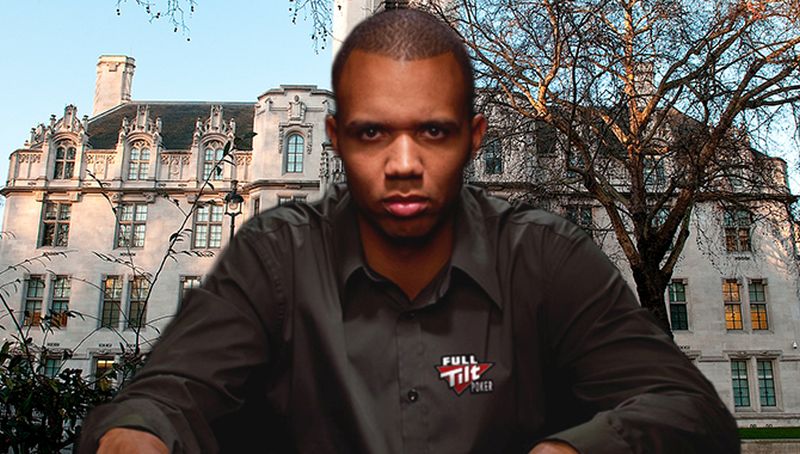
As PokerTubereported previously:
"The pair of gamblers admitted in court that they had used a technique called “edge sorting” to gain an edge on the house. This method uses the fact that playing card manufacturers don't always produce a visually perfect product and the imperfections can be seen on the back of the card, allowing players who are aware to work out which cards are high, and which are low. Once this is clear then the statistical advantage switches to the player from the casino."
Ivey had argued that what he and Sun did, by making several requests regarding type of card, specific dealer and shoe, arranging the cards in a particular way, was simply “superstition” and not cheating, but Arden disagreed in her judgement stating:
"On that basis, the fact that the appellant did not regard himself as cheating is not determinative.”
The toughest wording came when she added that -
"It is for the court to determine whether the interference was of such a quality as to constitute cheating. In my judgment it had that quality. In particular the actions which Mr Ivey took or caused to be taken had a substantial effect on the odds in the game and Crockfords were not aware of this at the relevant time. In these circumstances, no lower standard applied in this case because Mr Ivey was an advantage player who was in an adversarial position with the casino.”
Although one appeal judge, Lady Justice Sharp, allowed Ivey’s appeal on the grounds that the original trial judge “was wrong to construe the issue of 'cheat' in the way that he did,” the majority verdict against Ivey has left the player and his lawyers stumped.
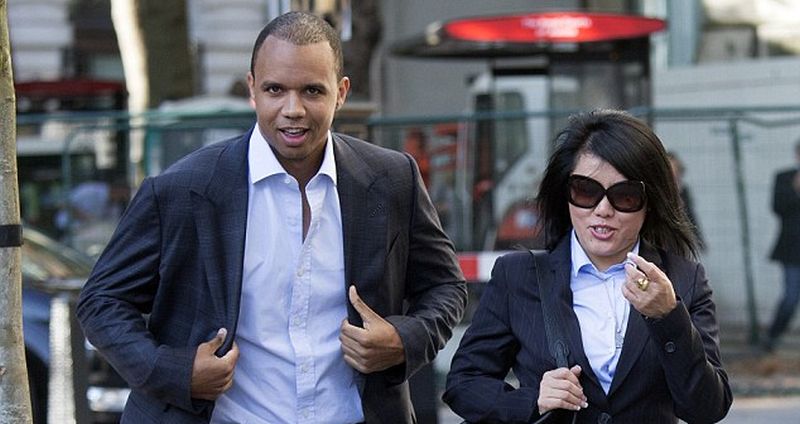
Ivey said afterwards:
"The trial judge said that I was not dishonest and the three appeal judges agreed, but somehow the decision has gone against me. Can someone tell me how you can have honest cheating?”
His lawyer, Matthew Dowd, said "The court of appeal’s decision leaves the law totally unclear as to what constitutes cheating at gambling. Four judges have looked at this issue now and none of them have been able to agree on the correct interpretation of section 42 of the Gambling Act. It is essential that the law is clarified and, in light of today’s decision, we are seeking permission to appeal to the Supreme Court.”
Genting UK’s president and chief operating officer, Paul Willcock, stated that they were “obviously very happy with the decision”.

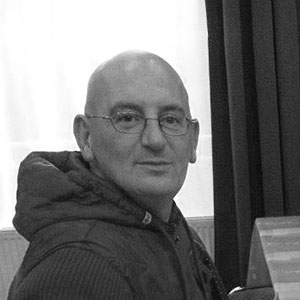
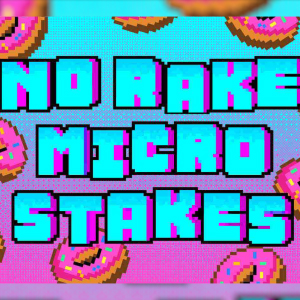



Comments
You need to be logged in to post a new comment